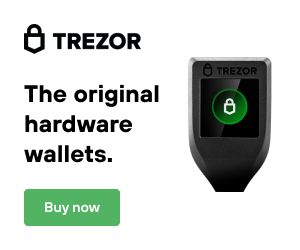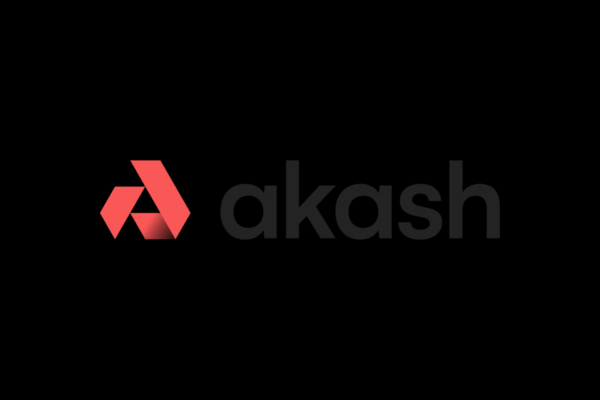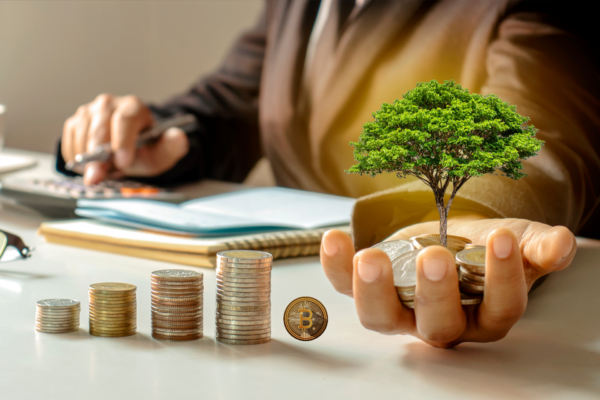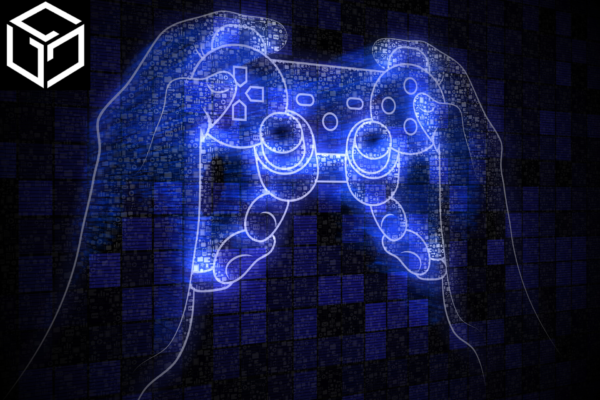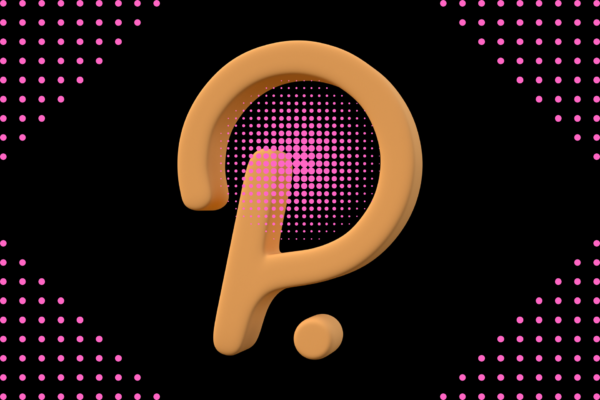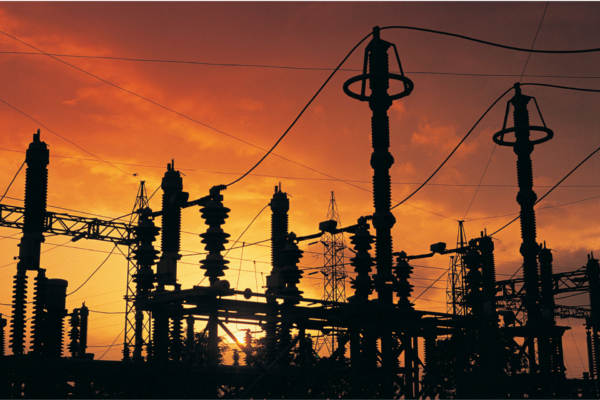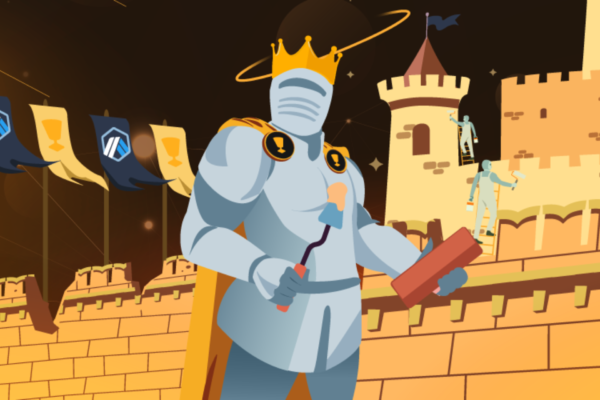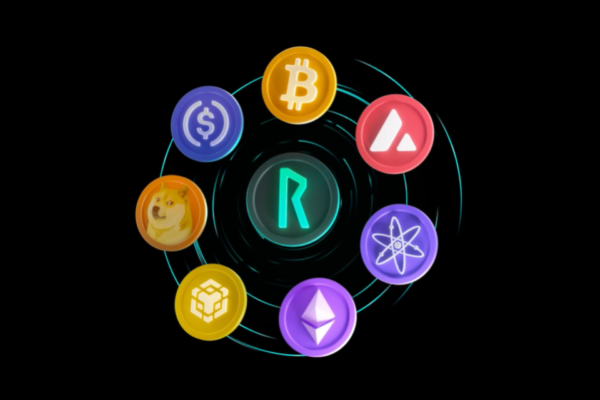Cryptocurrency is one-hundred percent digital money, not far different from the digital forms of the money we already use today via debit cards, credit cards, and bank transfers. Cryptocurrency is becoming more important every week.
Cryptocurrency mixes the words “currency”, which is a medium of exchange, usually issued by a government [1], and cryptography which, in simple terms, is the process of reading and then interpreting information.
Imagine reading a book, simply saying the words out loud. The next step in the process is interpretation, if you were to read the sentences in English to someone who speaks Japanese, they would certainly hear the words, but would not be able to interpret them. Since not all crypto-related assets are currencies, “crypto” will be used to encompass all cryptocurrencies and crypto-assets into a simple term.
Crypto provides the ease of use you will likely find on your smart phone applications. On the outside they are intuitive and simple, but within there is a large amount of information being processed and translated [2]. Users can send and receive a currency or asset peer to peer with no middleman. This can be done with low fees, and high speeds; a large amount of these services can be completed with just a smart phone.
Crypto combines the aspects of a currency or asset, and the safety of something known as blockchain technology. To learn more about blockchain, please use our search bar on the website. Blockchain technology uses advanced reading, interpretation, coding, and other mechanisms to add a rather significant amount of security. Blockchain is far more complex than this and will be explained in another writing.
Why is cryptocurrency Important?
Decentralized
Unlike banks which are centrally controlled by a small group of people, ideal crypto is decentralized. We say ideal because not all crypto is as decentralized as bitcoin or Ethereum. Decentralized assets are those that are controlled by a large group of people. A miner that mines bitcoin is part of a large network of other miners that must, as a group, validate each new mined block of bitcoin. Each new block currently adds 6.25 bitcoin to the network [4].Validators must reach consensus and agree upon the new block before it is added to the chain, participators receive bitcoin as a reward for participating in the network. The more validators in total, the more decentralized bitcoin becomes. Decentralization also effects security because with each validator added, more miners must reach the same conclusion about new blocks. In the future bitcoin and Ethereum will be even more decentralized because all validators must have a record of the entire history of bitcoin or Ethereum. Image below courtesy of nasdaq.com
Banking the unbanked
Many countries in the world are currently unable to provide banking services to many of their citizens. El Salvador for example has nearly 75% of the population unable to easily access a bank [3]. The people of El Salvador do however have access to the internet and smart phones. Now that bitcoin is legal tender in El Salvador, citizens can store their bitcoin in wallets directly on their phone. Merchants within 90 days of this law passing must accept bitcoin as a payment option. This gives direct access to an asset that has dollar value with a few clicks of a button. Only 63% of Salvadorians save money in some manner. A mere 28% of the savers have a savings account, with access to bitcoin, holders can store this inflation resistant, value storing asset and carry it around with them anywhere [3]. Image credit https://www.visualcapitalist.com/banking-unbanked-emerging-markets/.
Peer to Peer/Self Custody
Crypto is peer to peer. One can easily send a crypto asset from one person to another. Central exchanges and banks are businesses and they charge fees for transfer and trading of assets. When not using a centralized entity such as an exchange or a bank, the middleman is removed. If you have a family member living in another country and want to wire them some funds, not only would the bank charge a hefty fee, it would likely take several days. Those who self-custody their crypto on a personal wallet could send the crypto to that family member with relatively fast speeds and low fees. The fees in this case are paid to the validators on the network of that crypto as incentive to contribute to the security structure.
Blockchain technology
For a blockchain explanation we will use bitcoin which is currently the most valuable cryto according to market cap. Bitcoin uses what is known as proof of work, this is when miners use computers to solve computational math problems. When a defined amount of these problems is solved, a new block is validated and then added to the chain. Blocks in simple terms have forward and backward facing information. This method is what makes well made blockchains so safe and unhackable.
Bitcoin is unstoppable
The nature of blockchains is that they cannot be stopped. There are constant rumors of countries banning bitcoin and crypto. This is not possible since once the blockchain is started there is no central entity that can shut it off. The more spread out the miners become, and the more validators that join the network, the more decentralized and unstoppable bitcoin and similar blockchains become. Peers will always be able to trade crypto without the need for exchanges, they also will always be able to use decentralized token swaps to exchange tokens.
[1] https://www.merriam-webster.com/dictionary/currency
[2] https://www.theliteracybug.com/encoding-decoding-and-understanding
[4] https://www.intotheblock.com/


